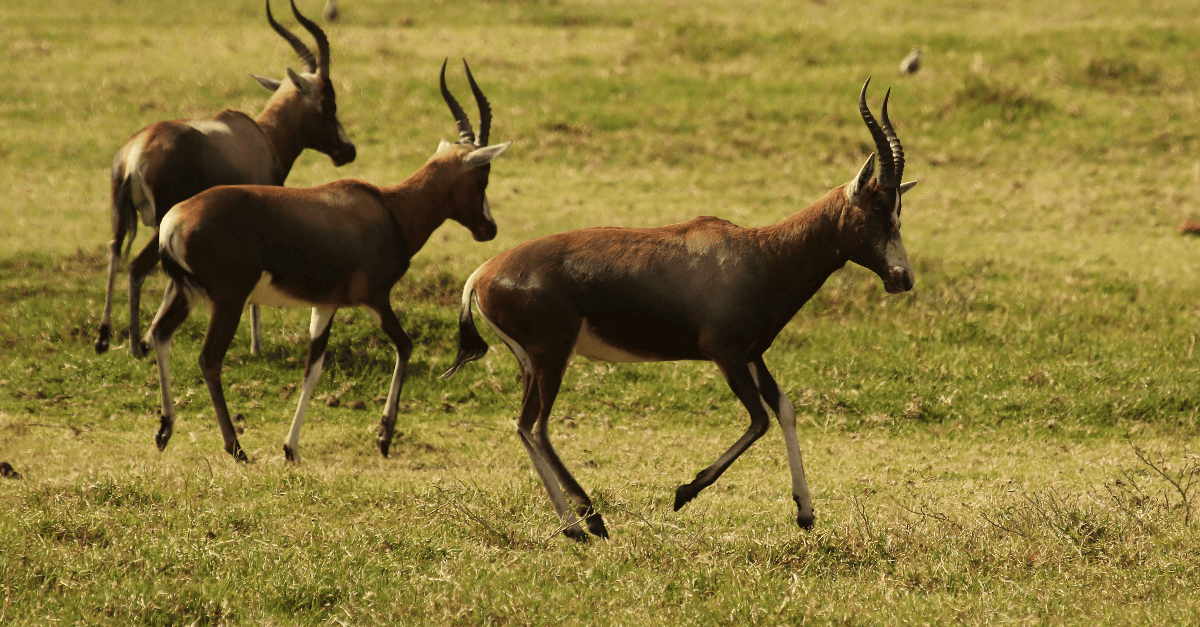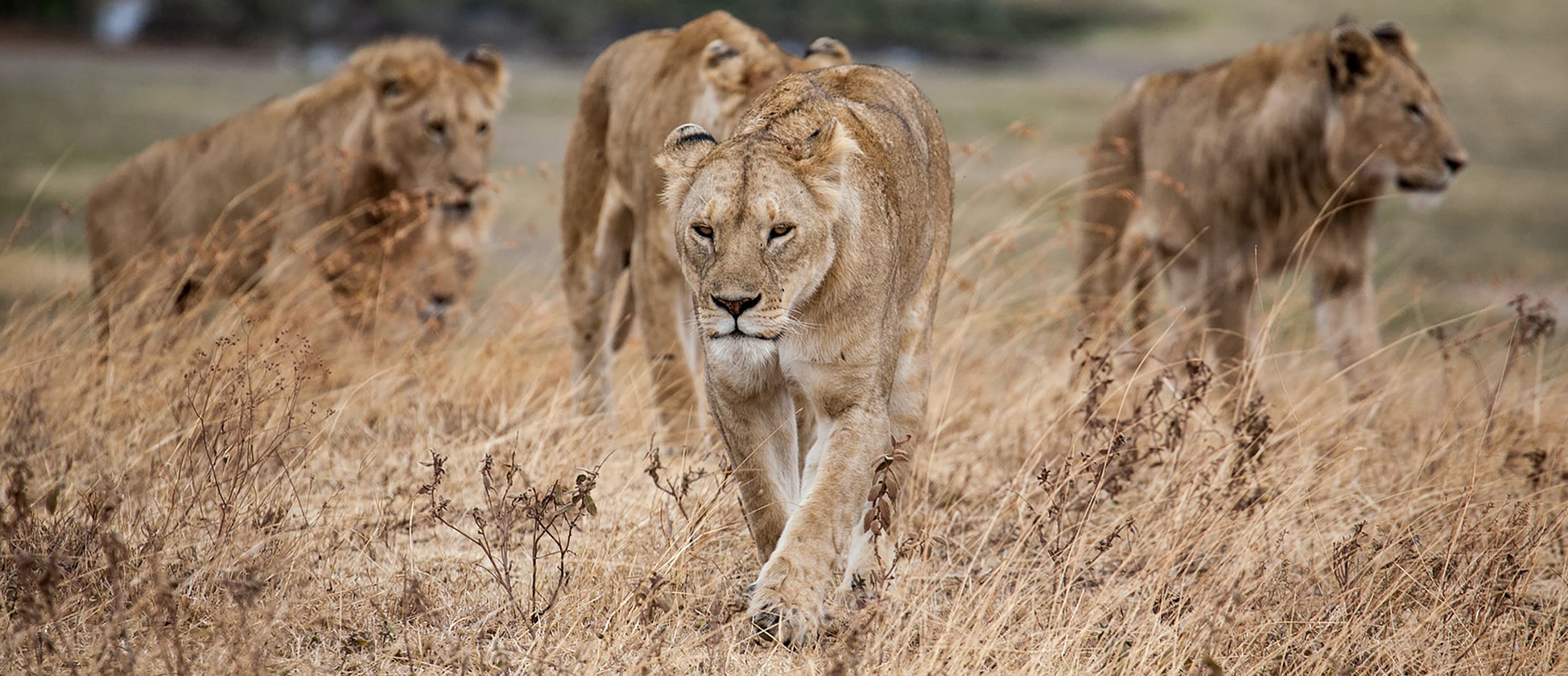By Sebastian Osborn, Global Policy Manager (Mercy for Animals)
On September 8th, 2023, the Global Stocktake Technical Dialogue Synthesis Report was released, a key moment in the global climate change action. The Global Stocktake is an integral part of the Paris Agreement’s ambition mechanism. It takes place every five years before Parties submit their updated Nationally Determined Contributions describing the action they will take to address climate change.
The report “provides an assessment of the collective progress towards achieving the purpose and long-term goals of the Paris Agreement” and is a milestone in the first Global Stocktake process, which, after nearly two years of inputs, technical assessment, and negotiations, will culminate in a political decision or declaration at COP28 in December 2023. In the words of United Nations Framework Convention on Climate Change Executive Secretary, Simon Stiell, “The world’s first Global Stocktake is a moment of truth. It must tell us where we are, where we need to go, and how we’ll get there.”
The food system, animals, and climate change
The Global Stocktake is particularly important from the perspective of the food system and animal protection. Food systems account for more than a third of GHG emissions and, as the Intergovernmental Panel on Climate Change (IPCC) highlights, even if fossil fuel emissions were eliminated immediately, food system emissions alone would jeopardise the achievement of the 1.5ºC target and threaten the 2ºC target. Meat production accounts for a majority of agricultural emissions, despite these foods providing only a minority of calories and protein. Climate impacts—from slow onset events such as precipitation loss and land degradation to disasters such as floods and heat waves—also severely affect animal welfare. Despite this, these areas have been under-addressed in climate action. Expert bodies such as the IPCC and the United Nations Environment Program have highlighted shortfalls in essential climate action for food systems, particularly concerning dietary change. Questionable “solutions”, such as genetically modifying animals to produce less methane or upscaling aquatic animal food production, also place animal welfare at risk.
In light of this, the Global Stocktake political outcome at COP28 will be a vital opportunity for course correction, and the synthesis report can be expected to provide the backdrop for negotiations in the months ahead.
Key positive messages
As expected, the report recognizes that “the Paris Agreement has led to contributions that significantly reduce forecasts of future warming, yet the world is not on track to meet the long-term goals of the Paris Agreement.” Of relevance to food systems and animal protection, the synthesis report recognizes that systemic transformation of the food system is needed and that demand-side measures (such as dietary shifts and reducing food waste) are essential. The report also notes that these actions can have multiple synergies with progress towards the sustainable development goals. Additionally, the report repeatedly raises the need to protect and restore ecosystems.
Shortcomings in the Synthesis
However, certain elements of the report are disappointing. For some sectors, such as energy and transport, the synthesis is clear and specific in assessing progress and future action. For example, lithium-ion batteries and wind energy are noted as examples of energy sector progress, and walking is discussed as a demand-side solution for the transport sector.
In contrast, the report is much vaguer with respect to unsustainable uses of animals. For example, the report states that “Large-scale commodity production remains the primary driver of deforestation and degradation”, misleadingly characterizing deforestation as a problem of commodities generally, where, in fact, the overwhelming share of responsibility rests with a small set of commodities, especially those related to meat production. Equally glaringly, words such as “animal” and “wildlife,” mentioned thousands of times in the inputs to the technical phase, make no appearance in the Synthesis Report’s 46 pages, despite their relevance to climate change. The synthesis report also states that “intensification of sustainable agriculture is essential,” despite the concerns of many that the term “sustainable intensification” is unclear and promotes greenwashing.
Looking ahead
Before the end of COP28, Parties and other stakeholders will continue to consider the form and content of the Global Stocktake political outcome, including key messages on progress, challenges, opportunities, and the way ahead. On September 15th, a broad coalition of organizations working on food, animal protection, and climate action submitted their proposal on how the political outcome could drive climate action forward, and several Parties have also emphasized the food system in their submissions.
In the months ahead, NGOs can play an important role in engaging with governments to reflect the importance of our food system and the animals within and outside it when they take stock of climate progress and future needs.
Photo Credit: Nikki Ritcher / #unboundproject / We Animals Media





